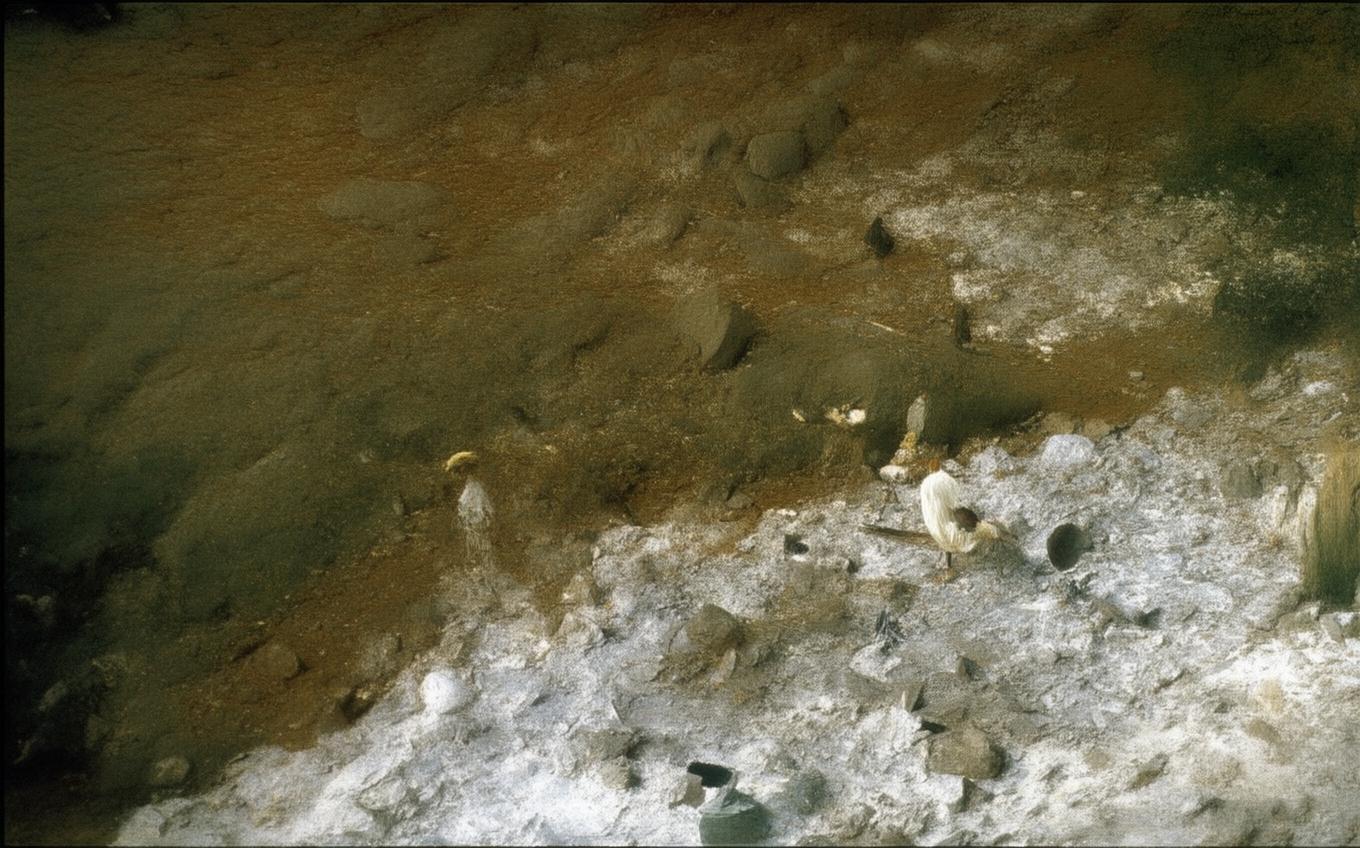Analysis of "赋得古原草送别" - Classical Chinese Poetry
Introduction
The poem "赋得古原草送别" (Fù Dé Gǔ Yuán Cǎo Sòng Bié) was written by Bai Juyi (白居易), one of the most celebrated poets of the Tang Dynasty (618–907 AD). Known for his accessible and emotionally resonant style, Bai Juyi often wrote about human experiences and nature. This particular poem, composed when he was just 16 years old, showcases his early mastery of poetic form and deep sensitivity to the natural world.
The poem is a farewell piece, using the imagery of wild grass on an ancient plain to explore themes of resilience, impermanence, and the cyclical nature of life. It remains one of Bai Juyi’s most famous works and a quintessential example of classical Chinese poetry.
The Poem: Full Text and Translation
离离原上草
Lí lí yuán shàng cǎo
Luxuriant, the grasses on the plain一岁一枯荣
Yí suì yì kū róng
Each year they wither and flourish again野火烧不尽
Yě huǒ shāo bú jìn
Wildfires cannot burn them away春风吹又生
Chūn fēng chuī yòu shēng
With spring winds, they rise anew远芳侵古道
Yuǎn fāng qīn gǔ dào
Their fragrance spreads over ancient roads晴翠接荒城
Qíng cuì jiē huāng chéng
Their verdant green touches the ruined town又送王孙去
Yòu sòng wáng sūn qù
Once more, I bid the noble friend farewell萋萋满别情
Qī qī mǎn bié qíng
Lush grasses overflow with parting sorrow
Line-by-Line Analysis
-
"Luxuriant, the grasses on the plain"
The poem opens with a vivid image of thriving wild grass, symbolizing life’s persistence. The repetition of lí lí (离离) emphasizes abundance and vitality. -
"Each year they wither and flourish again"
This line introduces the theme of cyclical renewal—nature’s resilience against time. The contrast between kū (枯, wither) and róng (荣, flourish) reflects the inevitable changes in life. -
"Wildfires cannot burn them away"
The grass’s endurance against destruction becomes a metaphor for unyielding spirit. Even devastation (yě huǒ, wildfire) cannot erase life completely. -
"With spring winds, they rise anew"
The regenerative power of nature is reinforced—spring (chūn fēng) brings rebirth, a comforting idea in times of loss. -
"Their fragrance spreads over ancient roads"
The scent of grass permeates old paths, blending past and present. The gǔ dào (古道, ancient road) suggests history and the passage of time. -
"Their verdant green touches the ruined town"
Nature reclaims human ruins (huāng chéng), illustrating the transience of human endeavors compared to nature’s permanence. -
"Once more, I bid the noble friend farewell"
The focus shifts to human parting. Wáng sūn (王孙) refers to a noble friend, possibly a traveler or a metaphor for impermanence. -
"Lush grasses overflow with parting sorrow"
The grass, now a symbol of farewell (bié qíng), mirrors the poet’s sadness. The word qī qī (萋萋) evokes both lushness and melancholy.
Themes and Symbolism
Resilience and Renewal
The grass represents endurance—despite fires and seasons, it returns. This mirrors the Daoist and Buddhist ideas of cyclical existence.
Impermanence and Farewell
The poem contrasts nature’s continuity with human transience. The ruined town and parting friend remind us of life’s fleeting moments.
Nature as a Mirror of Emotion
Bai Juyi uses the grass to reflect his feelings. Its lushness parallels his sorrow, blending natural imagery with human sentiment (qíng jǐng jiāo róng 情景交融).
Cultural Context
The Tang Dynasty was a golden age of poetry, where nature (shān shuǐ 山水) and emotion were central themes. Bai Juyi, influenced by Confucian humanism, often wrote with social consciousness, but this early work leans more toward universal themes.
The grass motif connects to classical Chinese symbolism—wild grass (cǎo 草) often represents humility, resilience, or the common people. The poem’s popularity also stems from its simplicity, making profound ideas accessible, a hallmark of Bai Juyi’s style.
Conclusion
"赋得古原草送别" is a masterpiece of economy and depth. Through the humble grass, Bai Juyi captures the duality of life: its fragility and its unyielding will to persist. The poem’s beauty lies in its universal resonance—whether read as a meditation on nature, a lament for parting, or a metaphor for hope.
Today, its message endures. In a world of constant change, the grass still rises after the fire, and spring winds still bring renewal. Bai Juyi’s words remind us that even in farewell, there is the promise of return.




Comments (0)
No comments yet. Be the first to comment!